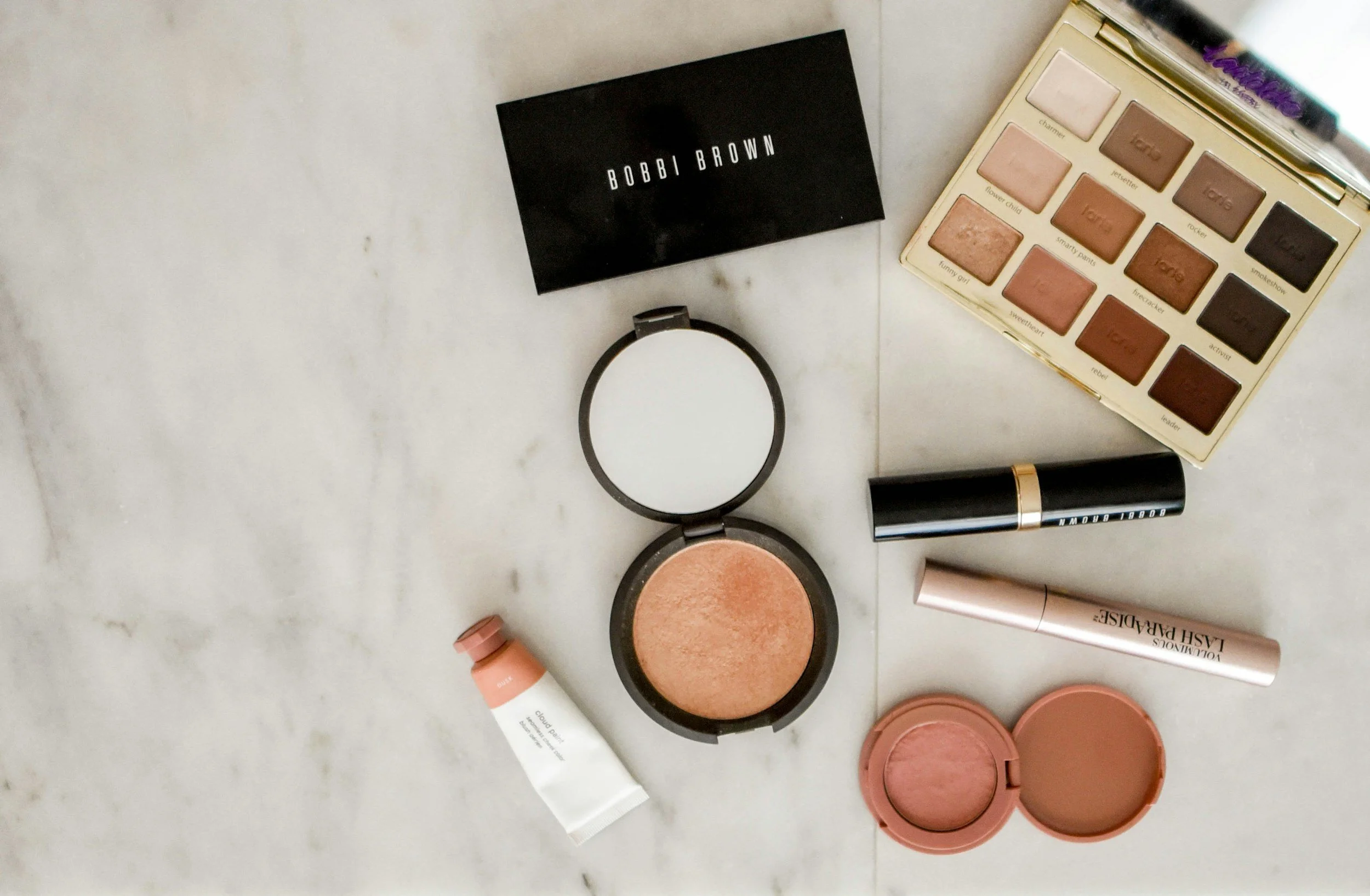Athletes As Fashion Icons: Their Impact On Trends And Brands
By PAGE Editor
Athletes have long been admired for their prowess on the field, but their influence extends far beyond the realm of sports. They have emerged as powerful fashion icons in recent years, shaping trends and forging lucrative partnerships with brands. This transformation has not only altered the way athletes are perceived but has also had a profound impact on the fashion industry at large.
Athletes as Catalysts for Fashion Trends
The athleisure wear trend, characterized by the fusion of athletic wear with casual, everyday clothing, has significantly been influenced by athletes over recent years. It represents more than just a fashion statement; it embodies a lifestyle shift toward comfort, functionality, and style.
Athletes, known for their active and on-the-go lifestyle, have played a pivotal role in popularizing athleisure wear by incorporating these pieces into their daily wardrobes and public appearances. Their endorsement of the trend has legitimized athleisure wear as a fashionable choice and encouraged mainstream adoption.
Athleisure wear's appeal lies in its versatility and comfort, offering individuals the ability to transition seamlessly from workout sessions to social gatherings without the need for an outfit change. This convenience has resonated well with the modern consumer's desire for practical yet stylish clothing options.
The influence of athletes on this trend extends beyond mere fashion choices; it reflects a broader cultural shift towards health, wellness, and an active lifestyle. Athletes, through their personal branding and social media platforms, have showcased how athleisure wear can be both functional for physical activities and fashionable for everyday life.
Strategic Collaborations Between Athletes and Brands
The strategic collaborations between athletes and fashion brands have transcended traditional endorsement deals, evolving into partnerships that significantly influence both the sports and fashion landscapes. These collaborations are not merely transactional but deeply rooted in shared values, mutual respect, and a genuine connection between the athlete's brand and the fashion label's ethos.
Athletes like Serena Williams and LeBron James have become more than just brand ambassadors; they are co-creators involved in the design process and bring their unique insights and experiences to the table. This level of involvement ensures that the products not only bear the athlete's signature style but also meet the functional requirements of their sport, appealing to a broad audience that values both form and function.
For instance, Serena Williams' collaboration with Nike has led to the creation of fashion-forward tennis apparel that empowers women athletes, showcasing Williams' influence beyond the tennis court and into the broader conversation around women's fashion in sports.
Moreover, these collaborations often lead to the creation of signature sneaker lines, limited edition apparel, and accessories that have become highly sought after by fans and collectors. The success of these partnerships is not measured solely by sales but also by their cultural impact, often becoming a part of the fashion zeitgeist and elevating the athlete's status to that of a fashion icon.
Enhancing Brand Value and Perception
Athlete endorsements significantly influence fashion brands, setting trends and shaping consumer perceptions. When athletes lend their credibility to a brand, they forge a connection that resonates deeply with fans across multiple sectors. This dynamic influence also reaches into the realm of sports betting, illustrating how strategic partnerships, such as those facilitated by using the Fanatics Sportsbook Promo Code, can amplify a brand's image and appeal. Through such collaborations, the seamless integration of sports, fashion, and betting not only enhances brand visibility but also enriches the consumer experience.
The collaboration between Adidas and Lionel Messi is a prime example of how an athlete's endorsement can significantly enhance a brand's market presence and perceived value. Messi's reputation for excellence and his vast global fan base have made Adidas products more appealing to consumers, demonstrating the profound impact that athletes can have on fashion brands.
Research indicates that having an athlete promote a brand can cause the value of stocks to rise and increase sales by about four percent. This statistic underscores the tangible benefits that athlete endorsements can bring to fashion brands, from heightened brand awareness to a measurable uptick in sales. The association with a well-known athlete can imbue a fashion brand with a sense of credibility and allure, making the brand more desirable to a broader audience.
Moreover, the effectiveness of athlete endorsements in increasing brand equity and product sales is supported by studies showing that consumers are more likely to purchase products endorsed by their favorite celebrities. The influence stems from fans' trust and admiration for these athletes, translating into a powerful endorsement tool for fashion brands. The strategic selection of athletes who align with the brand's values and aesthetics can enhance its image, making it more relatable and appealing to the target audience.
Athlete endorsements are not just about the immediate impact on sales and brand visibility; they also contribute to long-term brand loyalty among consumers. Fans and followers of the athlete are likely to develop a deeper connection with the brand, perceiving it as an extension of their support for the athlete. This emotional connection can be incredibly valuable for fashion brands, fostering a sense of community and loyalty that goes beyond the transactional nature of buying and selling.
Promoting Diversity and Inclusion in Fashion
Athletes have become instrumental in promoting diversity and inclusion within the fashion industry, leveraging their platforms to challenge traditional norms and advocate for a broader representation of human experiences. Their influence extends beyond the sports arenas, making significant strides in enriching the fashion narrative with diverse cultures, backgrounds, and stories.
Nike's collaboration with diverse female athletes, including Serena Williams and Naomi Osaka, exemplifies how sports brands embrace cultural inclusivity in their clothing lines. These partnerships go beyond mere endorsements, serving as powerful statements on the importance of diversity and representation in fashion. By aligning with athletes vocal about social issues, brands like Nike are amplifying their voices and committing to a more inclusive vision of fashion that resonates with a wide audience.
The involvement of athletes in fashion has also paved the way for addressing the lack of representation for people with disabilities. Para athletes, for instance, are leading the charge in making the fashion industry more inclusive, showcasing that style and fashion accessibility should be universal.
Conclusion
Athletes have transcended their roles in the sports arena to become influential fashion icons. Their impact on trends, brand collaborations, and promoting diversity and inclusion has reshaped the fashion landscape. As the boundaries between sports and fashion continue to blur, the role of athletes as fashion ambassadors is set to become even more significant, heralding a new era of style that celebrates the convergence of athleticism, personal expression, and fashion innovation.
HOW DO YOU FEEL ABOUT FASHION?
COMMENT OR TAKE OUR PAGE READER SURVEY
Featured











When investing in quartz countertops, choosing the right warranty and care package is just as important as selecting the color and finish.